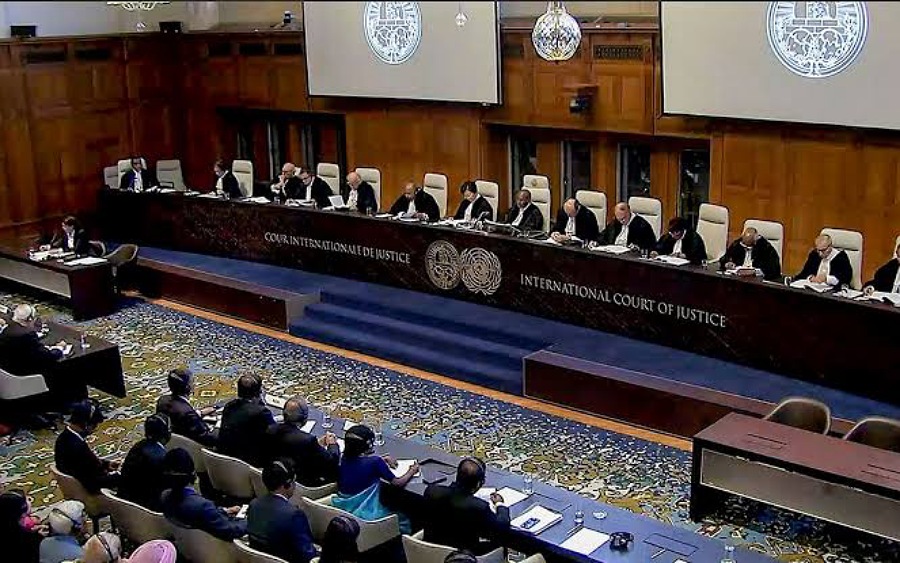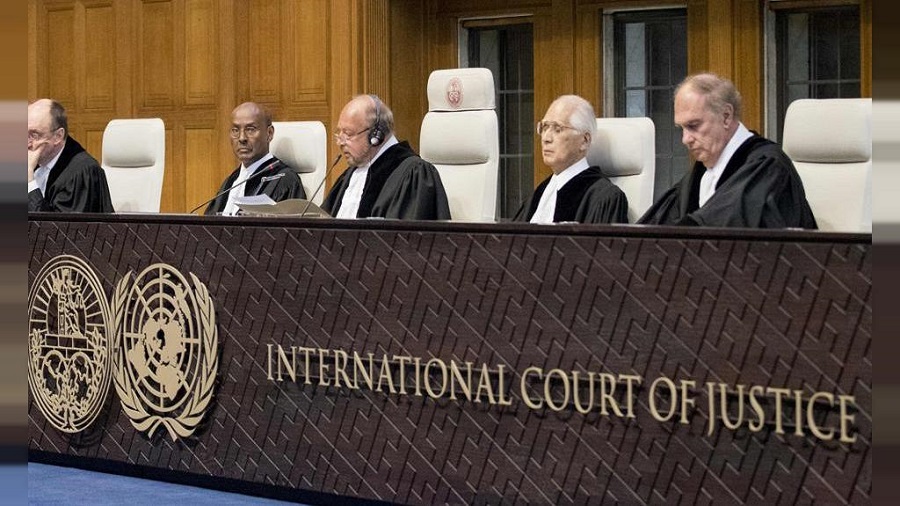The International Court of Justice is currently open to applications from qualifying universities globally, including Nigeria for the 2024-2025 edition of a traineeship program.
The Judicial Fellowship Programme, previously known as the University Traineeship was established in 1999 and provides recent law graduates with an opportunity to gain practical experience by working for the International Court of Justice.
Nairametrics learns that the primary goal of the program is to enhance participants’ understanding of public international law and the Court’s procedures by actively involving them in its activities.
The objective is to provide fellowship awards to individuals from developing countries who have recently graduated from a university in a developing country.
This initiative aims to enhance and ensure diversity in terms of geography and language among the participants in the program.
The program will involve Judicial Fellows who will engage in full-time work under the guidance of a Member of the Court, working alongside the Member’s main legal assistant.
Their responsibilities will include conducting research, drafting memorandums on legal or factual issues related to ongoing cases, attending hearings and sittings, and undertaking any other tasks assigned by their respective judges.
Details of the programme
Following United Nations General Assembly resolution 75/129, the Secretary-General created a trust fund for the Judicial Fellowship Programme in April 2021.
Other details are as follows:
- The fellowship lasts for approximately ten months, spanning from early September to June of the following year. Typically, the Court selects participants nominated by universities worldwide.
- The awards from the trust fund are specifically designed to support candidates nominated by universities in developing countries that lack the financial resources to offer sponsorship.
- In its selection process, the Court actively seeks candidates from diverse national backgrounds.
- To qualify, candidates must be 31 years old or younger at the commencement of their fellowship, with the possibility of waiving this requirement in special circumstances.
- Candidates are expected to showcase outstanding academic achievements in their legal studies and a keen interest in public international law, as evidenced by their studies, publications, and/or work experience.
- Candidates must also be proficient in at least one of the Court’s official languages (English or French), both in written and spoken form, plus familiarity with the other language is considered advantageous.
- It is important to note that only universities have the authority to nominate candidates, and the Court does not accept applications from individuals.
- While nominating a single candidate is acceptable, the Court encourages universities to put forward more than one nominee.
Application
The nominating university is required to fill out an online pre-screening questionnaire. Also, the university needs to appoint an authorized focal point responsible for submitting all application materials.
After completing the pre-screening questionnaire, the following six documents for each candidate should be submitted through the email address of the university’s authorized focal point, in the specified order:
- Official letter of nomination from the university
- ICJ personal history form
- Letters of reference
- Official academic records
- Writing sample
- Candidate profile summary table
Further application instructions, as well as the ICJ personal history form and candidate profile summary table, will be included in the confirmation email sent to the authorized focal point upon completion of the pre-screening questionnaire.
The deadline for submitting applications is February 5, 2024. The Court anticipates finalizing its decision on candidate selection by April 2024, after which universities nominating selected candidates will then be notified accordingly.


















Am interested
Great opportunity
Great opportunity how I wish I could get myself such a great opportunity